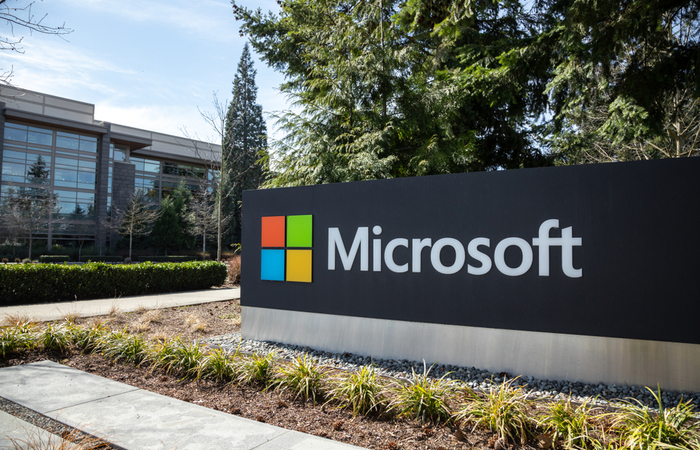
Employee Benefits Reset 2020: During the pandemic, Microsoft supported its employees by expanding and enhancing its benefits proposition.
In the opening keynote presentation of the Employee Benefits Reset online series on 5 October, Tim Robertson, UK compensation and benefits lead at Microsoft, talked about the impact that the Covid-19 (Coronavirus) pandemic has had on his organisation’s employees, and how employers can prepare their reward strategies for the future of work.
Robertson explained that while the majority of Microsoft’s UK 4,000 employees were able to work remotely when the lockdown began in March, a proportion of employees that work in data centres that keep the cloud services running, still had to go into the workplace and were deemed to be key workers.
In recognition of the risks they were taking in going into the workplace, Microsoft expanded its benefits to these key workers. Robertson said: “It was important for us to recognise this, and that we were rewarding their risk taking, in terms of the fact that they weren’t able to stay at home and socially distance.”
Microsoft set up regular Teams meetings across all of its global compensation and benefits teams to allow regular communication to pass through the organisation. “This enabled us to share and learn from each other. As we know, the Covid impact, globally, started in the East and moved across to the West, which meant there were a lot of learnings available from countries that had had similar experiences to us earlier on, and we felt that getting that group together through Teams communication channels was the best way to bring everyone together,” said Robertson.
Microsoft also acknowledged that the government and NHS were asking for volunteers and calling up reservists, and so it put in place volunteering leave and military leave policies.
In recognition that many of its employees have caring responsibilities, Microsoft put in place 12-weeks of paid leave for parents.
Robertson explained that the different impact that the pandemic has had on employees means that while some were in difficult financial situations, others may be in different circumstances and looked for assistance on savings and investments. “A lot of employees and families have struggled for a variety of reasons, and this divergence created a major challenge and stress test for things like our financial wellbeing offering,” said Robertson. “Our focus, understandably, was on those hit hardest by Covid. We were making sure that we were aware of how Microsoft could support them during these times.”
Looking to the future of reward and HR, Robertson believes that employers must focus on wellbeing and flexibility. “Wellbeing, over the past few years, has moved from being a nice-to-have to and essential,” said Robertson. “The current crisis has accelerated this dramatically. It’s become more of a core element in the reward offering, not to mention being a clear statement around the value that an employer places on the employees that work for them.”
As the concept of a hybrid workforce becomes ever more possible with a remote or distributed workforce, a key consideration will be offering employees access to services, said Robertson. “Does it make sense to have location-based benefits? Is this going to exclude some employees because you have a hybrid workforce?” he said. “Offering access to services, maybe through reimbursements or cash allowances, is going to be a crucial conversation to have.”
Another future critical issue for global organisations will be to review how their pay strategy is implemented with a hybrid or distributed workforce. “The topic of pay and location is likely to become a really hot topic,” said Robertson. “This will lead to the debate about firm’s pay philosophy: do you pay based on the cost of labour, or the cost of living? There are legal and contractual issues here, along with clear affordability issues for the organisation, but this will be a key topic in the reward profession.”